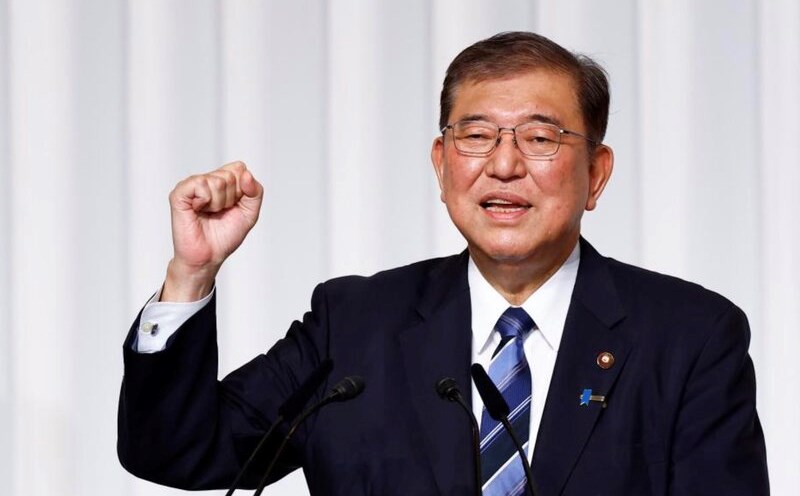The coalition does not have a majority in the House of Representatives, but has a Senate majority with 141 out of 248 Senate seats.
In this Senate election, 125 seats were re-elected. 75 out of a total of 141 lawmakers of the coalition government were not affected.
Mr. Ishiba hopes and sets a goal for the Coalition Government to win at least 50 seats to maintain a majority in the Senate, a minimum majority, not to protect the existing majority.
All public opinion polls show that Ishiba's ruling faction could lose its majority in the Senate.
If they can protect their majority in the Senate, Mr. Ishiba's ruling group will still have a position and support to overcome difficulties. If he becomes a minority in the entire Senate, he and the two ruling coalition parties will face more difficulties and disadvantages in power.
In addition, the support of the people for Mr. Ishiba and the government has decreased, inflation and rice prices have increased in Japan, the government has responded confusedly to the issue of immigration, and security challenges have increased for Japan from China, North Korea and Russia. Japan has also been hit by a tariff blow from US President Donald Trump despite being one of the US's most important traditional military strategic allies in the Indo-Pacific region.
Despite losing his Senate majority in this Senate election, Ishiba's position is not necessarily affected. Although the opposition parties have a majority in the House of Representatives, they are deeply divided, and lack leaders who can unite and unify the great army.
However, winning a majority in the Senate or weakening the majority of the coalition government in this Senate election will also help the opposition strengthen the strong rising trend in Japan and make it difficult for the LDP to hold the position in the upcoming parliamentary elections.
If the government is in a coalition, especially if the LDP loses, it cannot be ruled out that the LDP will rise up and pressure Mr. Ishiba to resign. This scenario is really harmful to the LDP because competing for power within the party will make this party even weaker and make other parties more dependent to continue to rule.
Therefore, regardless of the outcome of this Senate election, Mr. Ishiba and the two ruling coalitions must make significant adjustments to the policy orientation immediately after the election, must take urgent action to prevent the increase in inflation and living prices, must strengthen internally and take advantage of the opposition as well as quickly resolve Mr. Trump's trade union and trade protection tariffs in the near future, with the goal of stably continuing to rule and moving towards the long-term goal of turning the flag in the upcoming parliamentary elections.











